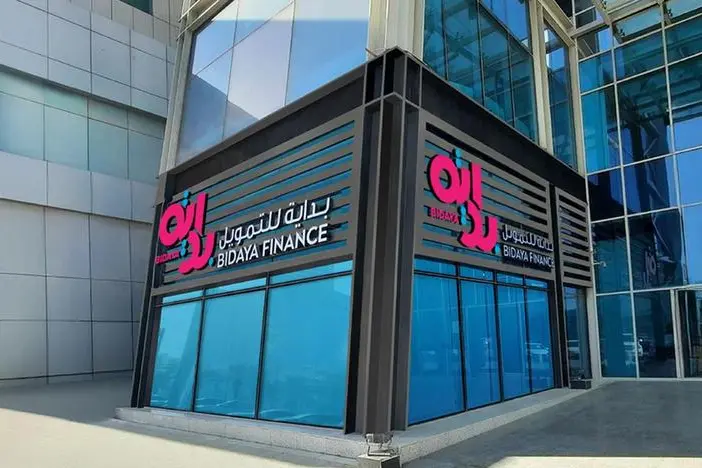Many businesses have had to learn fast as they adapt to the powerful influence of consumers’ digital preferences and a highly connected younger generation. None more so than those in the financial sector, where society’s increased use of technology is having a transformative influence on how transactions are carried out.
The younger, plugged-in generation expect technology to touch every aspect of their lives. This is a challenge for educators, who are having to ensure their approach to learning, and the qualifications they award, remain relevant.
Financial institutions are not waiting for traditional educational establishments to change their teaching methods; some have rolled out their own training programs using online-learning materials that are adaptable and support an ever-changing and complex operational environment for banking.
There are benefits to be gained from adopting such an educational approach across other economic and service sectors. The use of technology in developing knowledge and skills can act as a catalyst for more innovation in the general workforce, and collaboration in learning can boost the development and implementation of transformative ideas.
Managers will benefit too, as the use of appropriate educational programs that require team collaboration and a free-flowing exchange of ideas could ensure that employees possess the necessary attributes to embrace change within the organization, with the resultant benefits this brings to customers.
However, given the increased need for ongoing professional development, in conjunction with the demands of a high-octane career, educational experiences that suit people that work full time and study in the evenings and on their days off need to be developed, with acceptable workloads and content that is easily accessible.
Members of the digital generation expect that their learning will work for them at all times and in all locations, and that content will be accessible regardless of network connectivity or their preferred types of operating device.
Modern, technology-based education has also profoundly changed other modes of traditional teaching, especially in the assessment of students’ work, which has become more tailored to suit individual preferences.
The electronic submission of assignments is now more common than handing in typed or written work, and remote, electronic testing, as well as group assessment, for distance learners has revolutionized teaching. But these changes have created a greater potential for cut-and-paste cheating in assignments, compared with traditional in-person exams, thus necessitating the use of appropriate technology by educational institutes to assess electronic submissions and weed out the cheaters.
All of these changes have therefore created personal challenges for academics, who have to improve their own knowledge of cutting-edge technology and adapt their teaching practices to make use of it or risk being left behind, while at the same time supporting students’ efforts to master digital literacy.
Whether in academic establishments or within organizations that depend on the continuous development of skills, flexible educational programs that make the best use of learning technologies can allow in-house educators to support the changing and diverse range of student/employee requirements. Above all, it can help educators to develop the confidence to explore the potential benefits of changing technology rather than simply becoming fixated on how to use a specific application that might, and often does, quickly become outmoded.
The days of educators alone setting the pace and direction of learning methods are fast ending, as the connected generation increasingly has its say.
• Dr. Mohamed Ramady is a former senior banker and professor of finance and economics at King Fahd University of Petroleum and Minerals, Dhahran.
Copyright: Arab News © 2022 All rights reserved. Provided by SyndiGate Media Inc. (Syndigate.info).



















